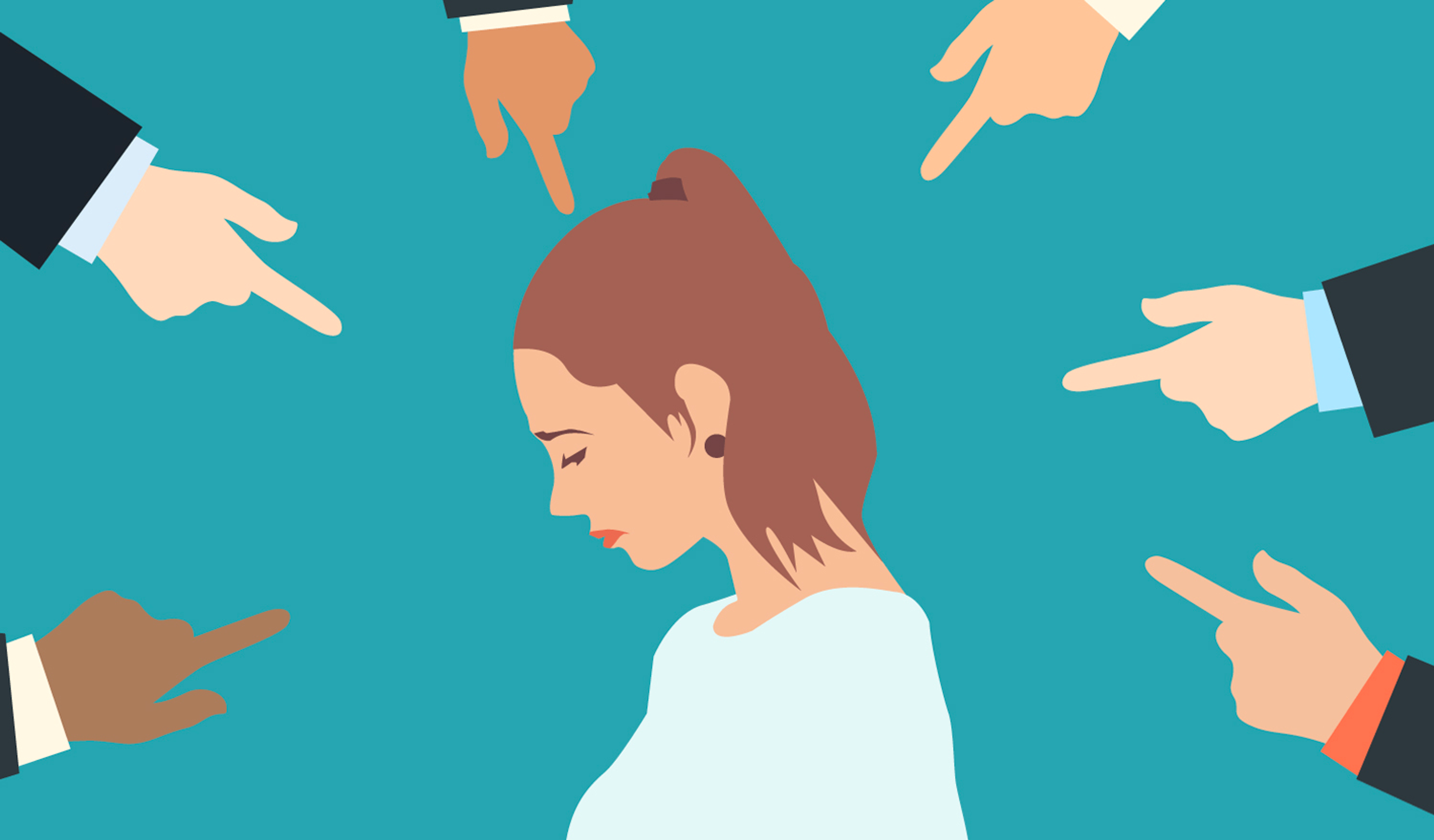Unmasking the Hidden World of Anger, Blame, and Defense Mechanisms in Relationships




Introduction:
In the intricate web of human relationships, emotions like anger, blame, and defense mechanisms often take center stage, creating complex and frequently misunderstood dynamics. The Cast Ascendancy podcast recently tackled this compelling subject, revealing the profound insights into the underlying factors that fuel these emotional responses. Join us as we explore the captivating psychology behind these emotional reactions and uncover why individuals resort to these defense mechanisms when faced with their own wrongdoings.
The Fiery Storm of Anger:
Picture this: the moment someone's hidden misdeeds are thrust into the spotlight, their immediate reaction is often an eruption of anger. But have you ever wondered why anger becomes the knee-jerk response, overriding the simpler option of acknowledging one's mistakes?
According to Profit, the heart of the matter lies in the preservation of one's self-image. People craft a specific narrative around themselves, presenting an image of virtue and goodness. When their transgressions are brought to light, their self-image is threatened, triggering a defensive response - anger. It's as if their ego, once untouchable, is now on the line, and anger becomes the emotional shield that guards their fragile sense of self.
Living a Lie:
The most dangerous individuals are those who have been living a lie for so long that they've started to believe it themselves. They've woven an intricate web of deceit, feeding others a false narrative, and ultimately, they've consumed their own lies. This form of self-delusion often leads to the most extreme displays of anger and blame.
Defense Mechanisms in Action:

Apart from anger, various defense mechanisms come into play when individuals are confronted with their wrongdoings. These include denial, justification, and cognitive dissonance. The human mind is a master at contorting the truth to maintain innocence, even if it means bending it out of shape. They may deny their actions outright or rationalize them by highlighting that others engage in similar behavior. All these are mechanisms used to protect their self-image and evade responsibility.
Shifting the Blame:
Another common defense mechanism is the art of shifting blame. When individuals feel guilty for their deceitful actions, they often resort to accusing their partners or others of wrongdoing, cleverly deflecting the spotlight from themselves. This blame-shifting behavior is particularly rampant among cheaters, who try to turn the focus onto their partners or external factors.
Understanding, but Not Excusing:
Understanding the psychology behind anger, blame, and defense mechanisms in relationships is essential, but it is crucial to emphasize that this understanding does not excuse or validate wrongdoing. Accountability remains a cornerstone of any healthy relationship, and addressing the underlying issues contributing to these behaviors is paramount.
Navigating the Complex Tradeoffs:
Balancing the tradeoffs in addressing anger, blame, and defense mechanisms in relationships is a challenging endeavor. On one hand, acknowledging and addressing these emotions is necessary to foster healthy communication and resolution. On the other hand, enabling or perpetuating toxic behaviors by accepting excuses or allowing unjust blame-shifting must be avoided.
The Path to Healing:
When making decisions concerning the psychology of anger, blame, and defense mechanisms in relationships, one must consider the impact on all parties involved. Open and honest communication, empathy, and a willingness to take responsibility for one's actions are key factors in navigating these complex dynamics. By understanding these intricacies, individuals can strive for healthier, more fulfilling relationships based on trust, accountability, and open communication.
In Conclusion:
The psychology of anger, blame, and defense mechanisms in relationships is a multifaceted and absorbing topic that merits careful consideration. The Cast Ascendancy podcast episode shines a light on the enigmatic factors that underlie these emotional reactions. With this newfound understanding, individuals can embark on a journey towards healthier, more profound relationships built on trust, accountability, and open dialogue.


